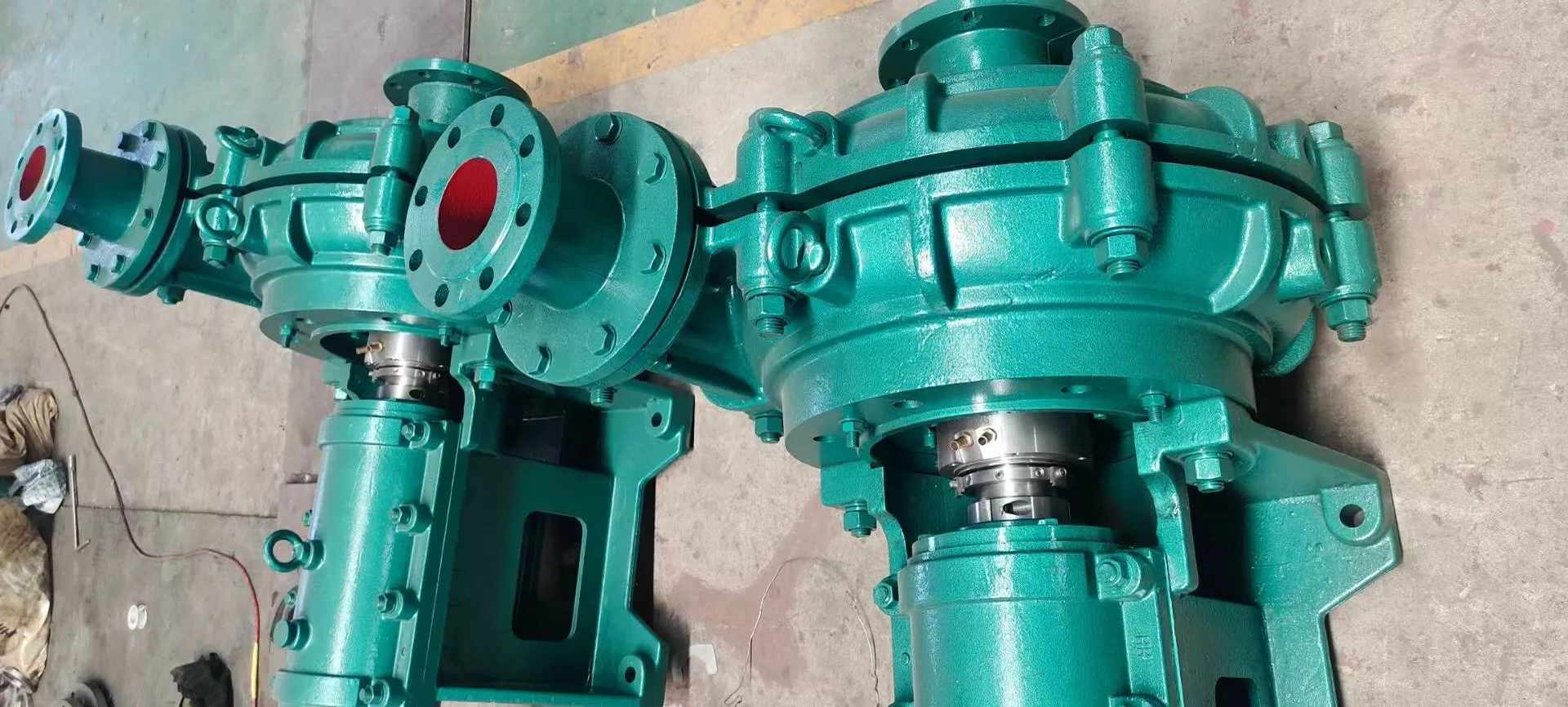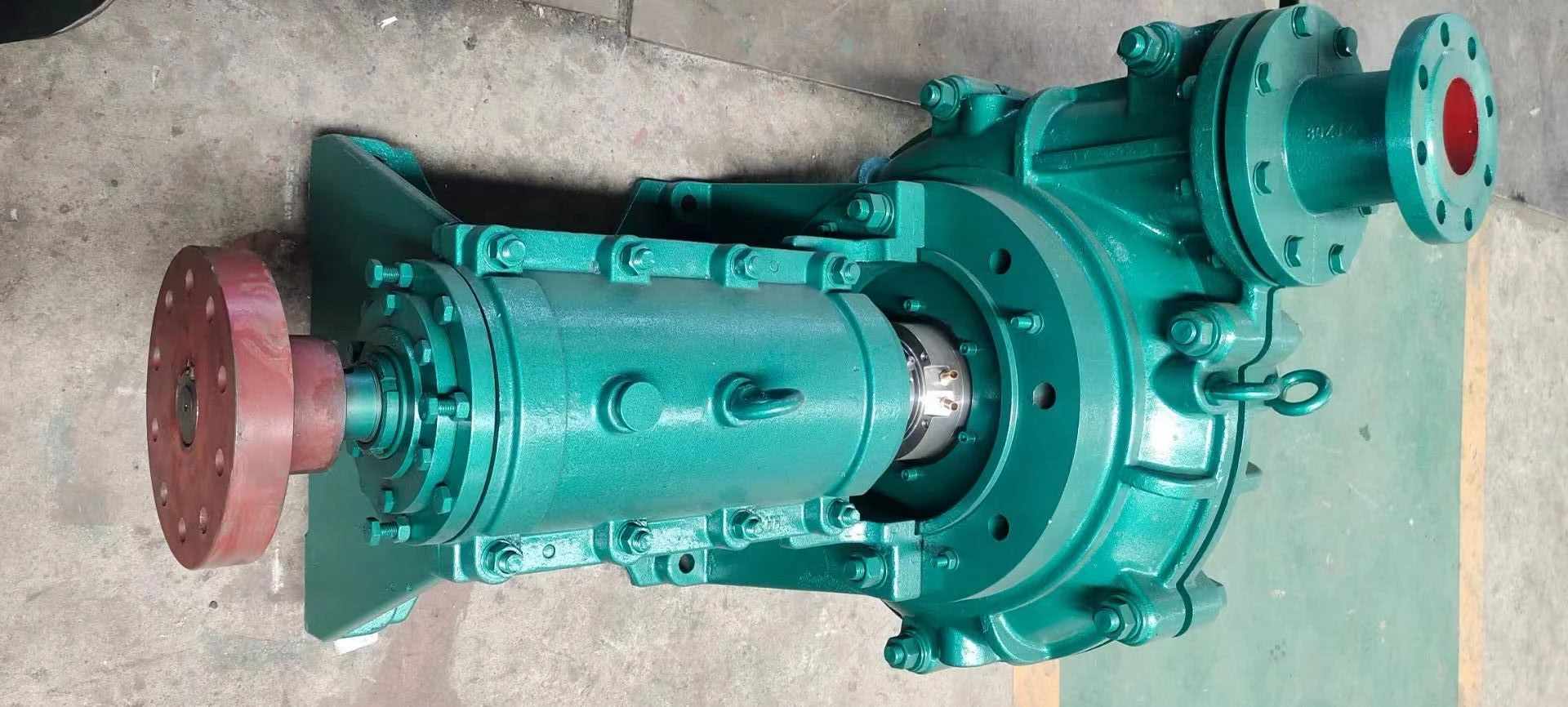In the daily operations of chemical plants, mechanical seals are crucial components for ensuring proper equipment operation and preventing leaks. However, when mechanical seals fail and need to be replaced, chemical plants often choose to replace them directly rather than repair them. This seemingly wasteful decision is actually driven by a complex set of considerations.

First
Chemical plants often operate in extremely harsh environments, requiring mechanical seals to withstand extreme conditions such as high temperatures, high pressures, and severe corrosion. Long-term operation causes significant wear and aging of seal components, making it difficult to restore their performance and reliability to their original levels even after repairs. Furthermore, the risk of repaired mechanical seals failing again within a short period of time is high, creating significant uncertainty and potential safety hazards for the plant's continued operations.
Second
Chemical plants have extremely high requirements for production stability and safety. A mechanical seal failure could lead to the leakage of hazardous substances, resulting in serious consequences such as environmental pollution and casualties. To minimize this risk, chemical plants prefer to use new, rigorously quality-tested mechanical seals to ensure long-term stable equipment operation and safe and reliable production.
Furthermore
From the perspective of maintenance cost and efficiency, repairing mechanical seals often requires specialized technicians and complex repair equipment, resulting in a lengthy repair process. Furthermore, procurement of the necessary parts and materials can be time-consuming. In contrast, simply replacing a mechanical seal with a new one can quickly resolve the problem, reduce equipment downtime, and improve production efficiency. Furthermore, new mechanical seals typically offer better performance and a longer service life, reducing overall maintenance costs in the long term.
In addition
Chemical plants' production processes and equipment are constantly evolving. New mechanical seals often utilize more advanced technologies and materials, better adapting to new production requirements and improving equipment efficiency. However, even after repair, older mechanical seals may not meet these new demands.

In summary, chemical plants' decision to replace mechanical seals rather than repair them is not a blind or wasteful decision. Rather, it is based on a comprehensive consideration of multiple factors, including the demanding production environment, high demands for production stability and safety, maintenance costs and efficiency, and technological advancements. This decision is intended to ensure the long-term stability of the chemical plant's operations, guarantee production safety, improve production efficiency, and achieve sustainable development.
阅读全文......